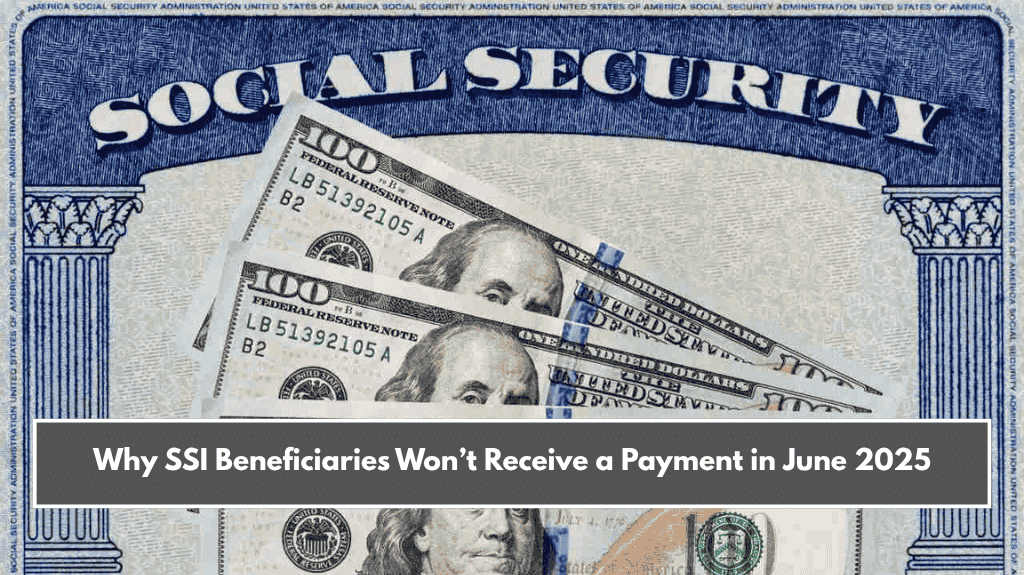If your application for Social Security Disability Insurance (SSDI) has been denied, or if your benefits were recently stopped after a medical review, you’re not alone. Many people face similar issues. The good news is that you have the right to appeal the decision without starting all over again. The Social Security Administration (SSA) offers a proper appeals process that gives you another chance to get the benefits you believe you deserve.
In this guide, we’ll explain how you can appeal an SSA decision about your disability benefits, what steps to follow, and how long you have to respond.
Can You Appeal an SSDI Decision?
Yes, you absolutely can. The SSA allows people to appeal nearly any decision that affects their disability benefits. Whether your application was denied, your monthly payments were reduced, or your benefits were stopped after a medical review, you can ask the SSA to take another look.
Here are common situations where you can file an appeal:
- Your SSDI application was rejected
- SSA stopped your benefits after a Continuing Disability Review (CDR)
- SSA said you no longer meet the medical conditions
- You got a letter saying your benefits will be reduced or the payment method will change
Each time SSA makes a decision like this, they will send you a letter with the reason, steps to appeal, and important deadlines. Make sure you keep that letter safely — it contains everything you need to begin your appeal.
What Is the Time Limit to File an Appeal?
You must appeal within 60 calendar days from the day you receive the SSA decision notice. If you miss this deadline, your appeal may not be accepted — unless you can give a valid reason for the delay, like a medical emergency.
Steps to Appeal an SSA Disability Decision
There are four official levels in the SSA appeal process. If your case is denied at one level, you can move to the next:
1. Reconsideration
A different SSA team will review your case. You can submit new medical records or evidence that wasn’t reviewed earlier.
2. Hearing with an Administrative Law Judge (ALJ)
If you are not satisfied with the reconsideration result, you can ask for a hearing. This can be in person or by video. You can bring witnesses or be represented by a lawyer or legal advisor.

3. Appeals Council Review
If the ALJ also denies your claim, you can ask the SSA Appeals Council to review whether the judge followed Social Security rules correctly.
4. Federal Court
If the Appeals Council denies your claim, the final option is to file a lawsuit in federal court.
You can add updated medical documents at any of these stages. Having a lawyer is not required, but it may help, especially at the hearing or court level.
Can You Keep Getting Payments During the Appeal?
Yes, in some cases. If your SSDI benefits were already being paid and you received a letter saying they will be suspended, you can request to keep getting payments while your case is under appeal. But to do this, you must act fast — you must submit your request within 10 days of getting the letter.
What If You Lose the Appeal?
If all four levels reject your appeal, your case is closed. But this does not mean the end. You can apply again in the future if your health condition worsens or if you get new medical evidence. Many people get approved after reapplying with stronger documents.
If SSA denies your disability claim, you still have hope. The Social Security appeals process is there to make sure every case gets a fair review. Don’t ignore the decision letter or miss the 60-day deadline. Take action, gather strong medical proof, and go step by step through the process. Even if one level doesn’t work out, the next one might. And remember, the SSA reviews every appeal carefully, so don’t give up easily.















